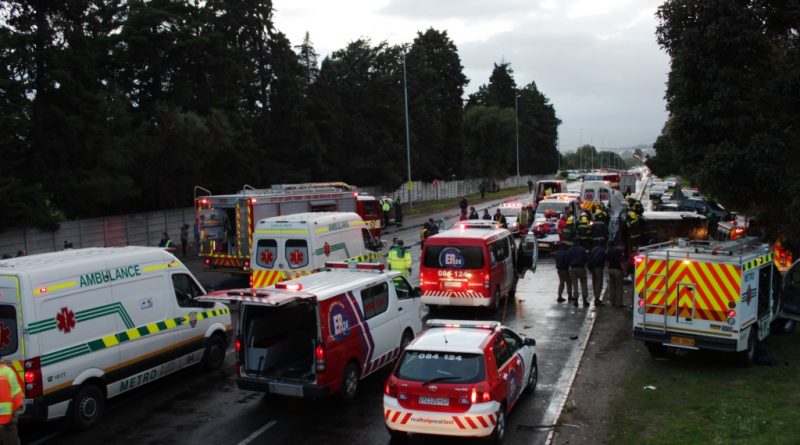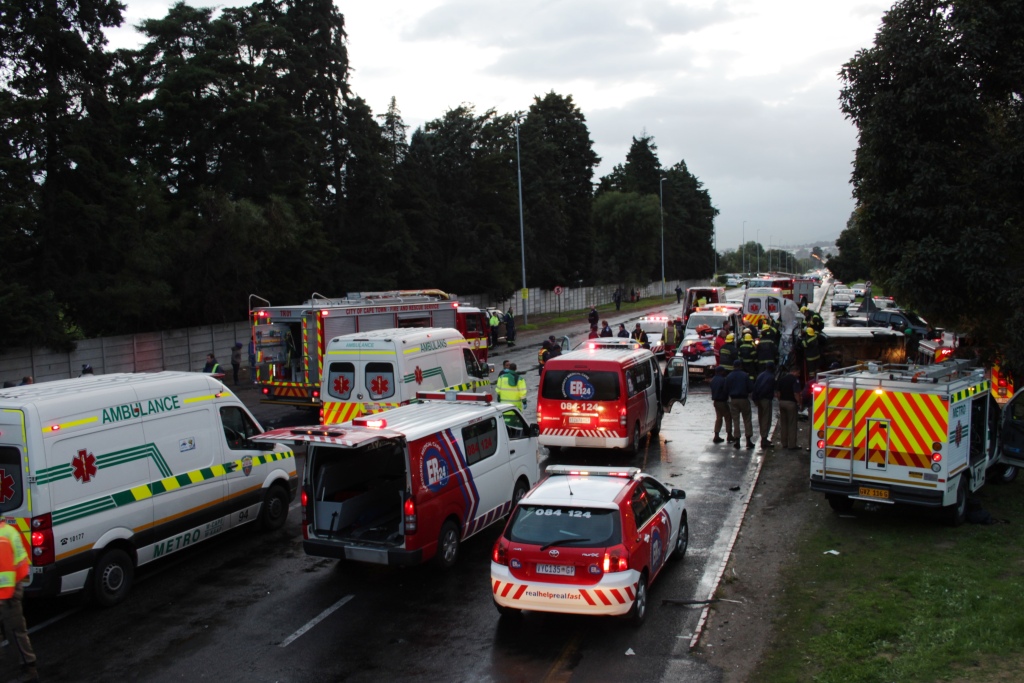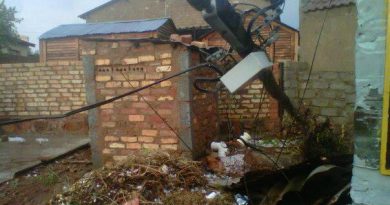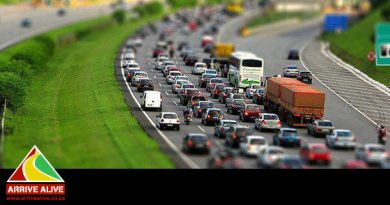Can damage from driving your vehicle after a collision nullify your car insurance claim?
How dangerous is it to climb into your car after a collision and drive to your home? Will your car insurer pay for any additional damage to the engine resulting from this drive? This was the question raised by a friend earlier this week and I decided to enquire from a few insurance companies how they would manage such a scenario.
Here are the questions I raised with some of the top insurance companies and would like to share the assistance received from OUTsurance and Hollard.
Could you perhaps assist with the following scenario – whether it is possible and how we could prevent it:
Scenario:
Driver John is involved in a vehicle accident with limited damage to his vehicle. He believes that there is nothing seriously wrong with the vehicle apart from the outer vehicle damage. He drives the vehicle home and later to the car repair shop. His insurer on submitting a claim notifies him that there has been engine damage resulting from his driving the vehicle away from the scene of the accident and that this damage is not covered by the insurance…
Questions:
Is this scenario a reality you sometimes have to deal with?
This is definitely a scenario that we have dealt with.
We look at each claim individually and then make a decision on whether the claim should be settled or not.
Some of what we consider is whether the vehicle has “Warning Lights” and if any of these lights came on after the collision.
If they did come on, this would have been an indication to the client that something is wrong with the vehicle and the vehicle should not have been driven further.
If the vehicle does not have any “warning lights” then one of the important things the client should check is to ensure there is no leakage of any fluids before driving the vehicle.
Does the insurance policy prescribe what has to be done after a collision?
We do have a section under our “Vehicle” cover that does give guidance of what should be done with an example that is pertinent to these circumstances.
“Preventing loss or damage”
Take reasonable, necessary steps to prevent or minimise loss, damage, injury or liability.
Eg. Your car is involved in an accident where the oil sump is damaged. Yet, despite the oil level warning light coming on, you continued driving, although circumstances reasonably allowed you to stop driving, and this causes engine damage.
The damage to the engine is not covered.
What is expected of the reasonable driver / policyholder/ after a collision and especially in preventing further damage?
As above
Do you think that this driver will have a good chance of success in taking his complaint to the Ombudsman?
Can’t give a direct answer on this- it would depend on the circumstances of the accident.
That is why we always consider all circumstances when making a decision.
Additional Information:
Ian Manchest from Hollard explains that there are certain conditions excluding further damage after an accident. The reason for this exclusion is to minimize exposure to unnecessary losses.
For example an accident results in an oil leak, which the driver ignores, continues driving eventually seizing the engine. In the endeavour to maintain competitive motor pricing it is critical that clients exercise due care at all times.
Ian also reminds vehicle owners on what to do after a collision:
“Most importantly notify the police of the insured event within 24 hours and send us a copy of the police report and a copy of your statement to the police within 14 days and advise us of the police station and police reference number. Refrain from admitting liability, making any statements, offers, promises or payment to or negotiate or settle your claim with any person claiming damages from you. Resolving the claim should be done in line with the relevant guidelines from your insurance provider.”
“In the event of an accident or breakdown, the necessary repairs must be carried out prior to driving the vehicle whenever practically possible.”
Conclusion
In a dispute on such a scenario the test would most probably be what the “Reasonable driver” would have done. If the reasonable driver would have acted differently and not driven his vehicle away from the scene, the car insurance company would be justified in not covering any additional engine damage.
If the facts reveal that there was no reasonable concern for further damage and the reasonable driver would not have expected any such damage the car insurance company should honour its commitment to settle the claim.
To avoid any dispute it would be best to act with caution when the vehicle is involved in a collision. Contact your insurer or broker immediately and confirm whether you should drive away or have the vehicle towed. When in doubt – Don’t! Your insurer will be able to provide the best advice and the communication between you and the insurer would most likely be recorded as well for later reference.




